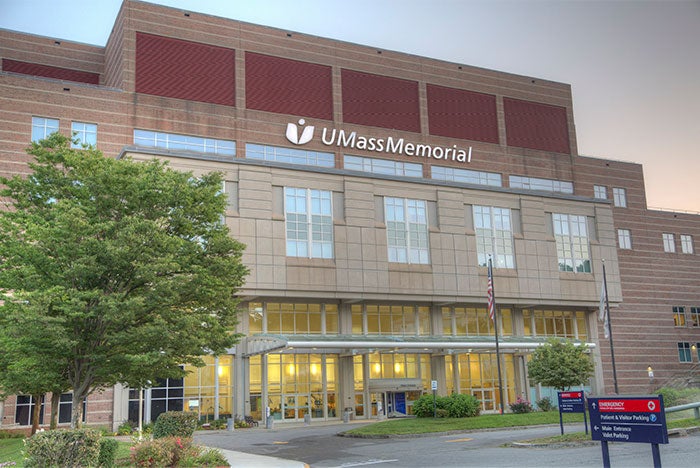UMass Memorial Health Care launches energy plan for long-term sustainability

UMass Memorial Health Care's energy-efficiency measures are projected to help contribute to approximately $24 million in total energy and operational cost savings over the next 10 years.
UMass Memorial Health Care, Worcester, Mass., is projected to save more than $11 million over the life of a new 10-year, energy-performance contract with a leading facilities technology and energy management company.
Savings from actions taken through the contract combined with other sustainability initiatives in the health system’s energy master plan, including installation of a cogeneration plant and use of renewable energy, are expected to total about $24 million over 10 years.
Together, UMass Memorial and the building technologies division of Siemens, Buffalo Grove, Ill., have developed a comprehensive approach to achieving the health care organization’s objectives through a combination of short- and long-term projects.
To review the effectiveness of equipment, examine demand changes and make recommendations for improvements or upgrades, a Siemens energy engineer is based on-site and embedded within UMass Memorial’s facilities team.
“Our partnership with Siemens through the energy-performance contract has already proven to be an effective and beneficial model,” says Gary Valcourt, associate vice president of facilities and capital planning, UMass Memorial Medical Center.
“The goal is to establish a program that can be sustained for decades. As we update our patient and operating rooms, we know energy-consumption patterns will change, but we’re relying on our partnership with Siemens to help build resiliency into our facility,” Valcourt says.
UMass Memorial will carry out the facility improvements in two phases, while maintaining the high levels of patient care and quality that are expected by the community.
Phase 1 included LED lighting upgrades in hallways, corridors and stairwells — steps that will save about 2 million kWh in energy use in the first year. Phase 2 includes additional lighting upgrades, improvements to the building envelope, water conservation improvements and chiller optimization.
Total savings for the first two phases are projected to be $11 million, according to Siemens.
The project will expand to focus on renewable-energy planning that includes solar net metering, a process that allows UMass Memorial to use solar power generated at off-site, third-party facilities.
When fully implemented, the solar net-metering program will include 12 contracts that make solar use portable among UMass Memorial buildings over the next two decades to maximize the program.
The health system also plans to build a cogeneration plant that will capture heat created within the medical center and repurpose it to generate electricity for the facility.
“This project represents a great opportunity to help UMass Memorial Health Care implement its long-term master energy plan, so it can achieve its sustainability goals,” says Dave Hopping, president, Siemens Building Technologies.
“The upgrades we’re completing will help the organization to address its evolving facility needs so it can continue to focus on patient care,” he says.




